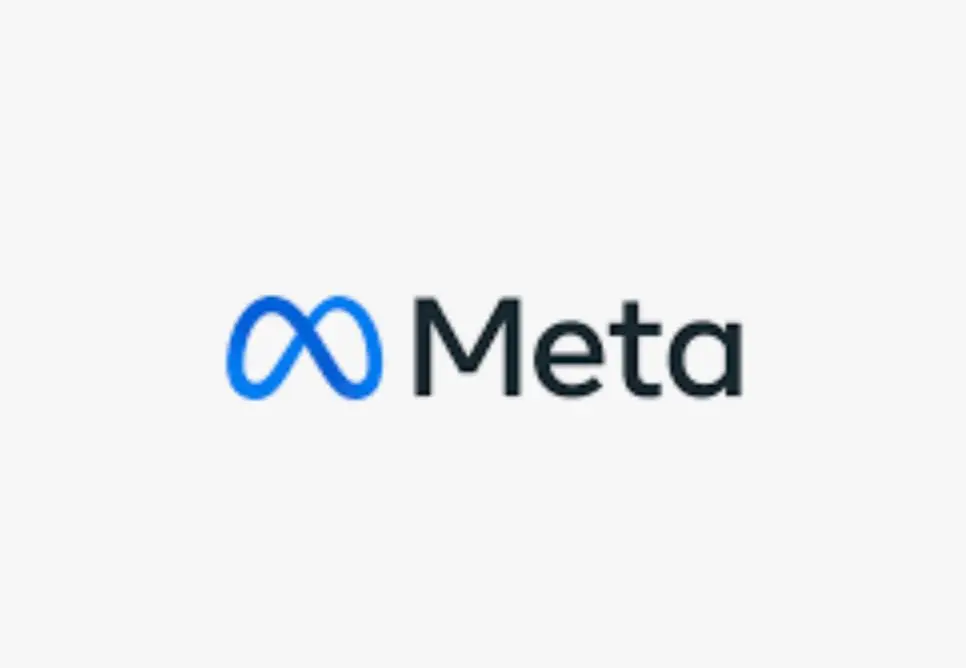• Meta dissolves its AGI Foundations team and divides its AI efforts into four core groups under Meta Superintelligence Labs.
• The reorganisation reflects both ambition in pursuing superintelligence and the internal strain from rapid talent acquisition and model disappointments.
What happened:Restructuring into four teams
Meta has unveiled its most sweeping AI reorganisation to date, restructuring its recently created superintelligence division into four units operating under the new banner of Meta Superintelligence Labs. According to a memo from chief AI officer Alexandr Wang, the four strands will each carry a distinct mandate. The so-called TBD Lab, led by Wang himself, will focus on training and scaling large language models, including the Llama series, while also testing the viability of a unified “omni” model. FAIR, the company’s long-standing Fundamental AI Research team, is being repurposed to funnel its work more directly into real-world model development. Products and Applied Research, overseen by former GitHub chief executive Nat Friedman, will be responsible for turning research into consumer and commercial tools. Finally, the MSL Infrastructure division, led by Aparna Ramani, will provide the computational backbone required to support the immense demands of superintelligence research.
This overhaul marks the fourth major structural change in Meta’s AI programme within six months, underlining both the urgency of its ambitions and the unsettled nature of its strategy (Capacity Media). The move follows internal frustration over the underwhelming performance of the Llama 4 release and the dissolution of the short-lived AGI Foundations team.
Also Read: Oracle to invest $3B in cloud and AI in Germany and Netherlands
Also Read: Oracle launches AI agent studio
Why it’s important
The reorganization puts Meta directly against OpenAI, Google DeepMind, and Anthropic, signaling the business’s renewed efforts to claim a place in the worldwide race towards artificial superintelligence. The company aims to minimize the friction which previously slowed deployment while accelerating progress through integrating research, products, and infrastructure under a single framework. Nevertheless, the rapidity with which these changes are taking place attracts consideration to greater serious disputes within the business. Lavish packages for new recruits, such as the multibillion-dollar deal to bring in Wang, have unsettled veteran staff and triggered high-profile departures, while repeated reshuffles risk further damaging morale.
The overhaul also has implications for Meta’s long-standing open-source approach. Based on industry reports, an organization could establish a more closed model, preventing competitors from accessing its most sophisticated systems. If verified, it would be a major shift from Meta’s previous approach of making models like Llama publicly accessible by researchers and developers. It could also impact how the larger ecosystem interacts with Meta’s AI platforms.

